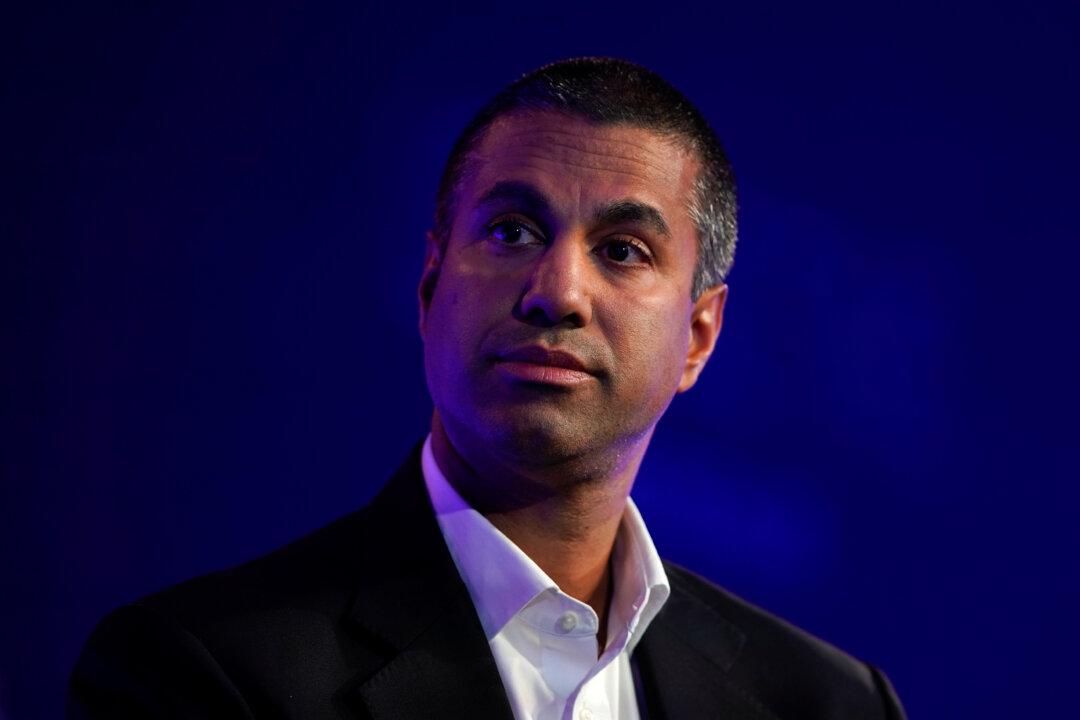The outgoing Federal Communications Commission (FCC) Chairman Ajit Pai on Thursday said his agency will not be working to fulfill President Donald Trump’s executive order about internet liability protections.
Pai, who is set to step down after Inauguration Day, said in October 2020 that the FCC would “move forward” on Trump’s executive order, which asked the agency to “clarify” Section 230, as part of the Trump administration’s effort to counter the alleged anti-conservative bias and censorship from social media giants like Facebook, Google, and Twitter.





